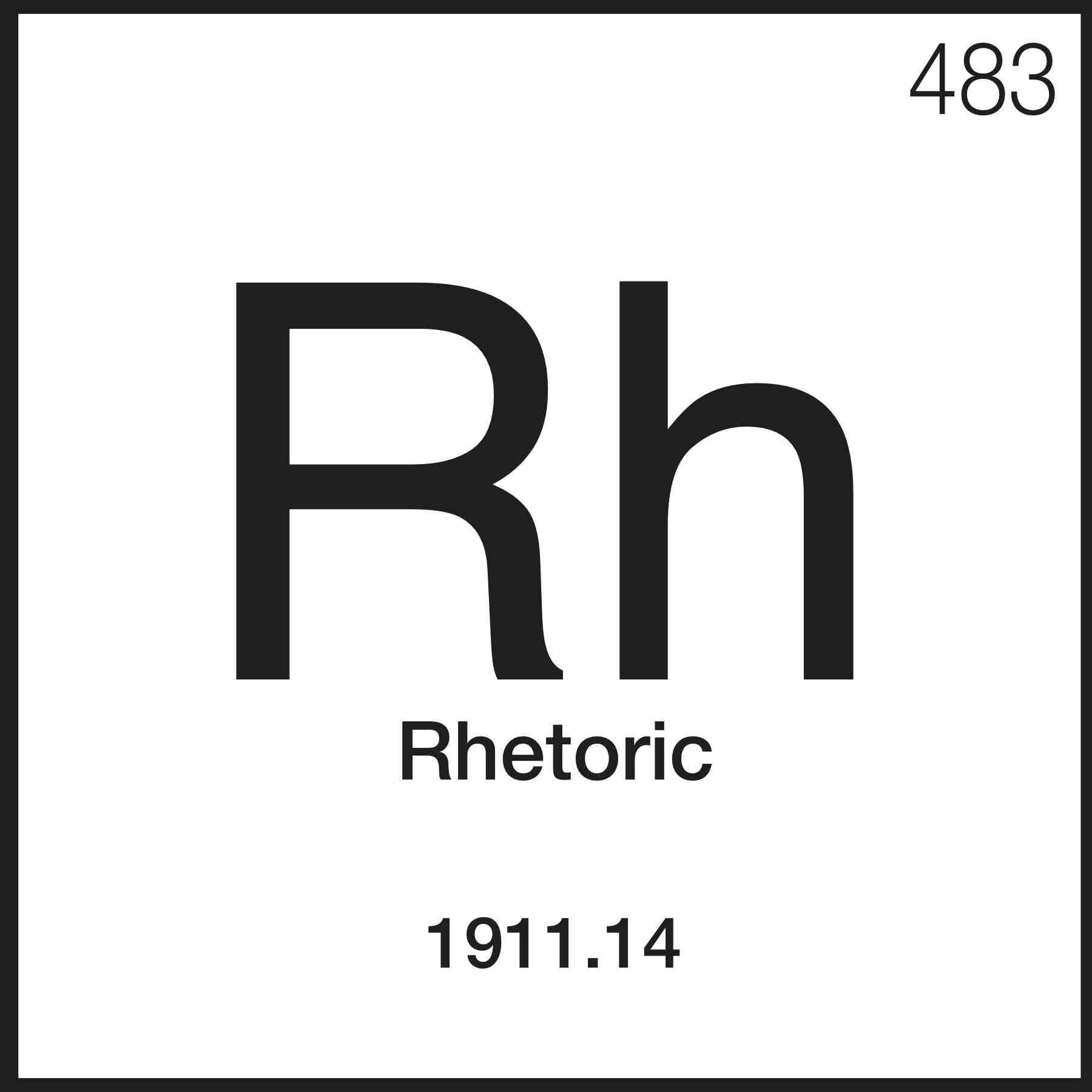The power of words is indescribable. They are: how we communicate with each other, how we express our feelings and how we share our thoughts. How these words are used is up to the beholder, for words can completely alter how one perceives a topic. A topic that demonstrates the effect of the right words by the right people is climate change.
In Merchants of Doubt, authors, Naomi Oreskes and Erik Conway, convey the events that lead to the cloud of uncertainty surrounding global warming. Surprisingly, it all started with three well-respected physicists who were able to orchestrate doubt through the media and politics. Their approach was described as the “Tobacco Strategy”, which was utilizing the “lack of certainty” to it’s advantage to avoid the truth. For example, tobacco companies were able to argue that tobacco was not proven to be detrimental to one’s health because data was “uncertain”. The three scientists applied the power of the word, “uncertainty”, to acid rain, the ozone hole and the cause of climate change.
However, only three scientists would not be able to spread the whole anti-climate change movement, so they hired scientists to add credibility and started the George Marshall Institute. The right words were now coming from the right people, which is when rhetoric is most successful. If a civil war solider, not Abraham Lincoln, gave the Gettysburg Address it would not have even close to the same effect. In addition to the credible sources, they were able to use the media to their advantage and spread their ideas. Below is a talk by a scientist from the George Marshall Institute that exhibits climate change rhetoric.
https://www.youtube.com/watch?v=o5wqAaLf4Rk
After reading this book, it is slightly terrifying to think about the power of words and it’s effect on our ideas unconsciously. It makes me wonder how the media’s crafty words have infiltrated my thoughts, ideas and actions. Hopefully, after reading this book I can be more aware of my thought process.

